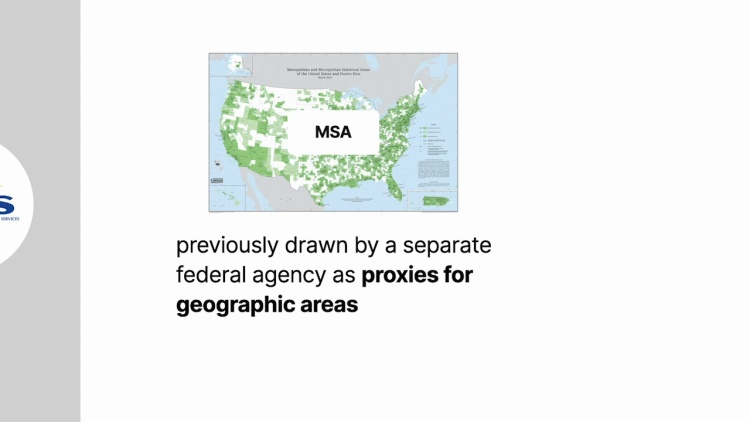Bellevue Hospital Center v. Leavitt
United States Court of Appeals for the Second Circuit
443 F.3d 163 (2006)
- Written by Craig Conway, LLM
Facts
The federal Medicare program, 42 U.S.C. § 1395 et seq., pays for medical services provided to the elderly and disabled. It also reimburses hospitals for the cost of services provided to those beneficiaries. In 1983, Congress changed the hospital payment system from one that reimbursed hospitals for actual costs spent to one that paid fixed rates based on expected expenditures. Each geographic area would receive a certain payout based on estimated costs. The geographical areas were called Metropolitan Statistical Areas (MSAs) and the Centers for Medicare and Medicaid Services (CMS) was responsible for managing the MSA system. In 2000, the sizes of the MSAs were downsized except for the New York MSA which was expanded to include portions of northern New Jersey hospitals that paid lower wages. Consequently, New York hospitals stood to receive much less money in fixed-rate reimbursement. Congress directed CMS to collect data on hospital occupational mixes, i.e. the numbers of nurses, staff, specialists, etc., to better refine and define hospital geographic areas. CMS failed to obtain the data by the date Congress set. Thereafter, Bellevue Hospital Center (Bellevue) and several other hospitals (plaintiffs) filed suit against the Secretary of the U.S. Department of Health and Human Services, Leavitt (defendant). Bellevue challenged CMS’s adoption of the new MSAs and its failure to collect the data as directed by Congress. The district court granted Bellevue’s motion for summary judgment and ordered CMS to immediately apply the occupational mix adjustment in full based on the data it already collected. Leavitt appealed.
Rule of Law
Issue
Holding and Reasoning (Katzmann, J.)
What to do next…
Here's why 899,000 law students have relied on our case briefs:
- Written by law professors and practitioners, not other law students. 47,000 briefs, keyed to 994 casebooks. Top-notch customer support.
- The right amount of information, includes the facts, issues, rule of law, holding and reasoning, and any concurrences and dissents.
- Access in your classes, works on your mobile and tablet. Massive library of related video lessons and high quality multiple-choice questions.
- Easy to use, uniform format for every case brief. Written in plain English, not in legalese. Our briefs summarize and simplify; they don’t just repeat the court’s language.





